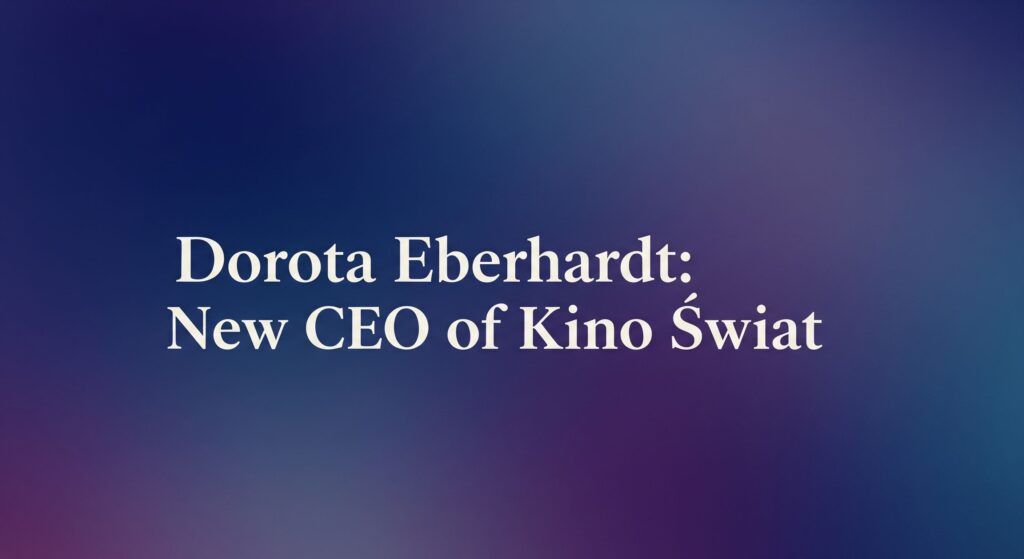Co-Production Treaty and Film Festival Highlights
In a landmark year for global cinema, Japan and Italy have finalized a long-anticipated co-production treaty. At the Tokyo International Film Festival (TIFF), jury members emphasized the significance of film history and the theatrical experience on the festival’s opening day.
Importance of Classic Films
During the festival, Hong Kong actor and jury president Tony Leung Chiu-wai commended TIFF for showcasing both established and rising Asian filmmakers. He highlighted the festival’s extensive programs featuring classic films, noting their role in introducing legendary directors like Federico Fellini and Akira Kurosawa to younger audiences.
Educational Opportunities
Leung stated, “They are not only introducing what is current, but also the vast history of cinema, which is a wonderful opportunity for audiences to learn about the past,” referencing his admiration for the festival’s efforts.
Italian Films and TIFFCOM
After years of discussions, the Japan-Italy film co-production treaty will be featured in a panel at TIFFCOM. The festival will screen eight classic Italian films, including Fellini’s La Dolce Vita and 8 1/2, alongside five Italian projects in TIFFCOM’s Tokyo Gap Financing Market.
Preserving the Cinema Experience
Chiara Mastroianni, daughter of Marcello Mastroianni and star of TIFF’s closing film Marcello Mio, noted the importance of film festivals in maintaining the cinema experience during a time when audience habits have shifted due to the pandemic and streaming services. She remarked, “I do admire people who still fight to defend film festivals because they’re an occasion to not only discover wonderful filmmakers, but also to watch a movie in a theatre with people around you.”
Japan’s Cinematic Legacy
Hong Kong director Johnnie To also praised Japan’s rich cinematic history, expressing that film festivals serve as a platform to rekindle interest in classic films among younger viewers, allowing them to appreciate cinema’s past.
Discovering Emerging Talent
Hungarian filmmaker Enyedi Ildikó emphasized the role of festivals in uncovering new talent, stating that while it’s easy to focus on big names, festivals provide a vital opportunity to discover lesser-known, exceptional filmmakers.
Diversity as a Learning Tool
Japanese actress Ai Hashimoto remarked on the diversity of films from Asia presented at the festival, viewing it as a valuable opportunity for Japanese filmmakers to reflect on their craft and learn from their regional counterparts.
International Competition and Opening Ceremony
TIFF’s main jury is evaluating 15 films in the International Competition, including several world premieres. The festival kicked off on October 28 with a screening of Shiraishi Kazuya’s period action drama 11 Rebels. Japan’s Prime Minister Shigeru Ishiba expressed support for the local content industry during the opening ceremony, aligning its significance with that of Japan’s steel and semiconductor sectors.
He stated, “The government is working to lay the groundwork to further encourage the development of the Japanese content industry by supporting the growth of the next generation of creators and optimizing business transactions.”
Person
Tony Leung Chiu-wai, Federico Fellini, Akira Kurosawa, Marcello Mastroianni, Nanni Moretti, Chiara Mastroianni, Johnnie To, Enyedi Ildikó, Ai Hashimoto, Sérgio Graciano, Philip Yung, Dong Zijian, Shigeru Ishiba
Company Names
Tokyo International Film Festival, TIFFCOM
Titles
In The Mood For Love, Shang-Chi And The Legend Of The Ten Rings, La Dolce Vita, 8 1/2, Marcello Mio, Election, Vengeance, On Body And Soul, The Englishman’s Papers, Papa, My Friend An Delie, 11 Rebels
Disclaimer: This story has not been edited by Vitrina staff and is auto-generated from a syndicated feed.






























